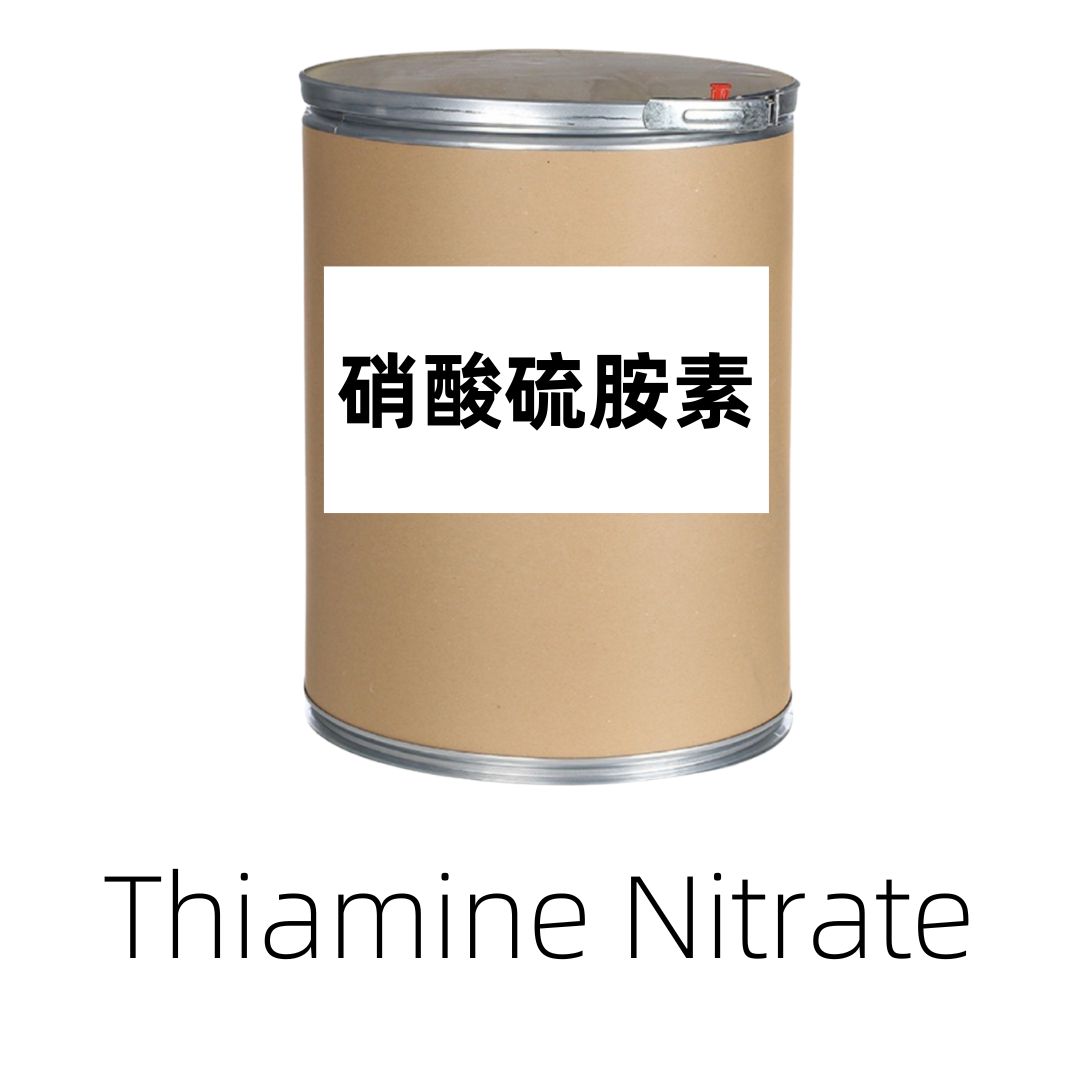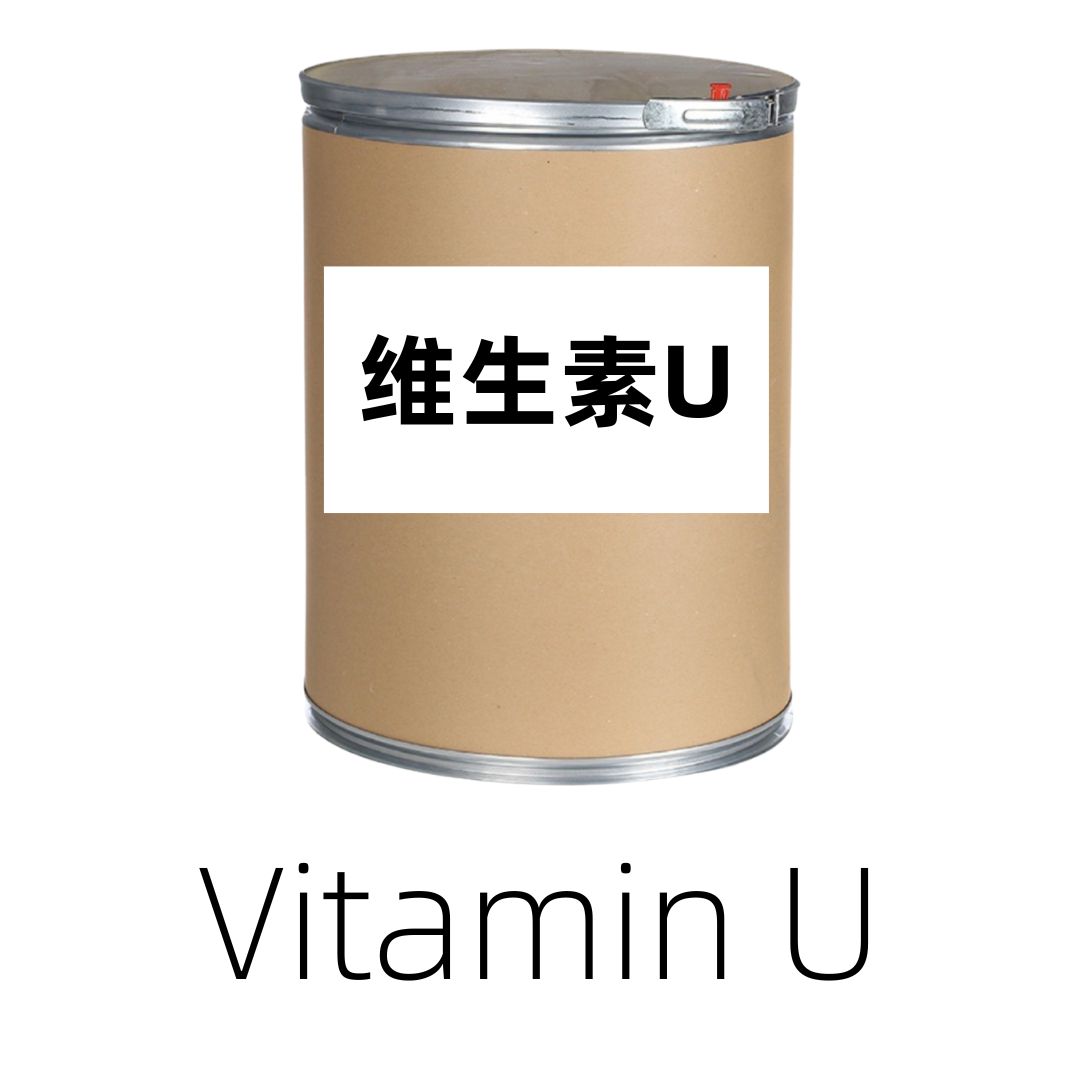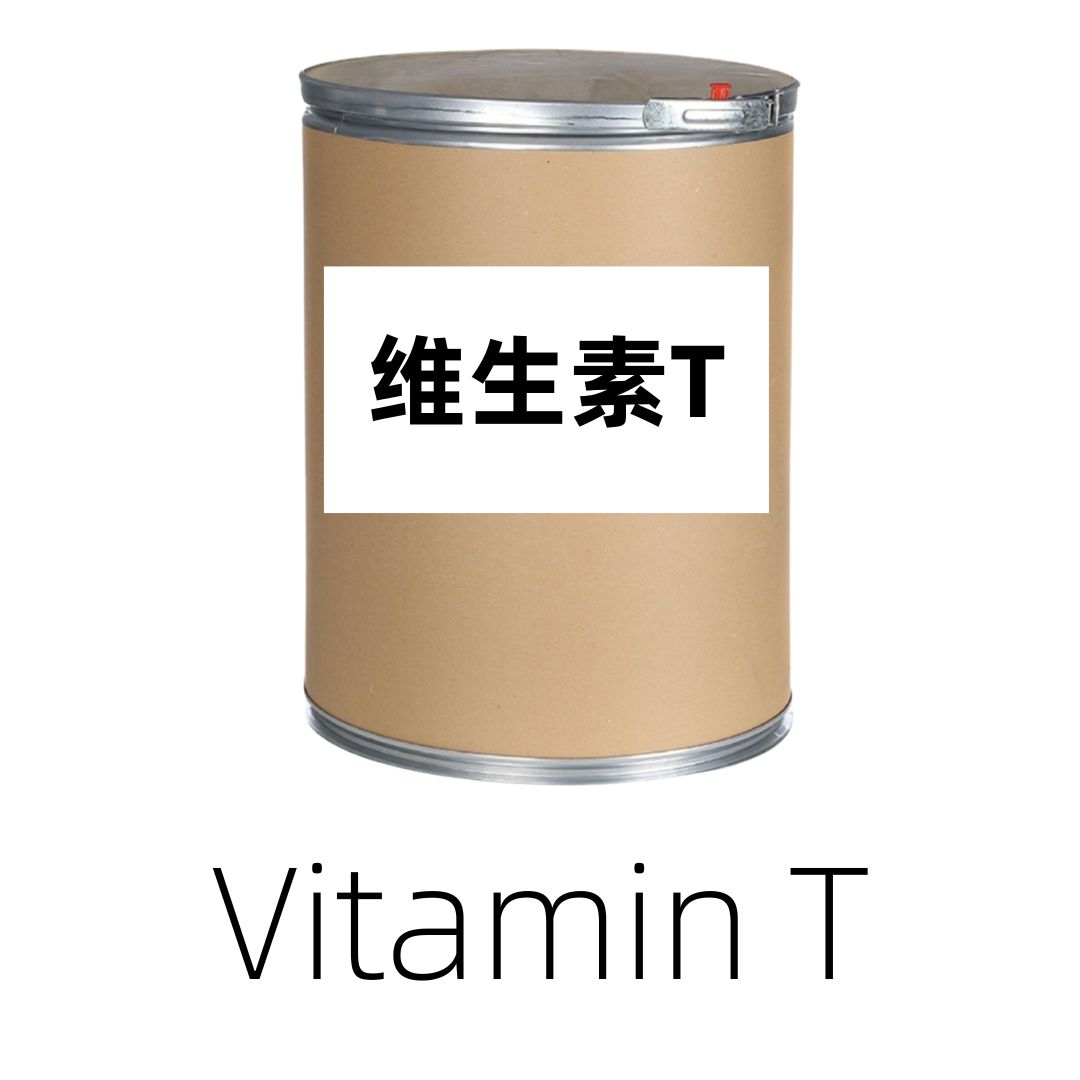Vitamin B5, also known as pantothenic acid, is a water-soluble vitamin that is an essential nutrient in human health. It plays a key role in the synthesis of coenzyme A, which is vital for fatty acid metabolism, energy production, and the synthesis of hormones. Vitamin B5 is found naturally in a variety of food sources, including meats, vegetables, grains, and dairy products, making it an accessible nutrient in many diets. Furthermore, it is commonly utilized as an additive in dietary supplements, food products for fortification, as well as in cosmetic formulations for its skin conditioning properties.
The production process of vitamin B5 typically involves extraction from natural sources such as yeast, animal tissues, and certain vegetables. It can also be synthesized chemically or biochemically in a controlled manner. The end product is then purified and crystallized to achieve the desired quality and specifications.
Vitamin B5 serves various applications across different industries. In the food sector, it enhances nutritional value and supports health claims on labels. In dietary supplements, it is included to promote overall wellness. In cosmetics, it is widely used to improve skin hydration and elasticity. The pharmaceutical industry leverages its properties for the formulation of certain medications and health products.
For packaging and storage, vitamin B5 should be sealed and protected from light. It is best to store it in a dry, cool, and well-ventilated area, keeping it away from high temperatures. Packaging options typically include bulk 25 kg paper drums, sample 1 kg aluminum foil bags, or customized forms based on customer needs. The product can be shipped via FedEx, DHL, dedicated logistics channels, or sea freight consolidation. With a validity period of two years, proper storage and handling are significant to maintain its effectiveness and shelf life.
Monica Sun possesses extensive technical expertise and market insights in the food additives industry. She excels in designing efficient and safe additive formulations tailored to various food applications, ranging from sweeteners to functional dietary fibers. Monica has successfully assisted food manufacturers in optimizing ingredient combinations to enhance product quality and improve consumer satisfaction.









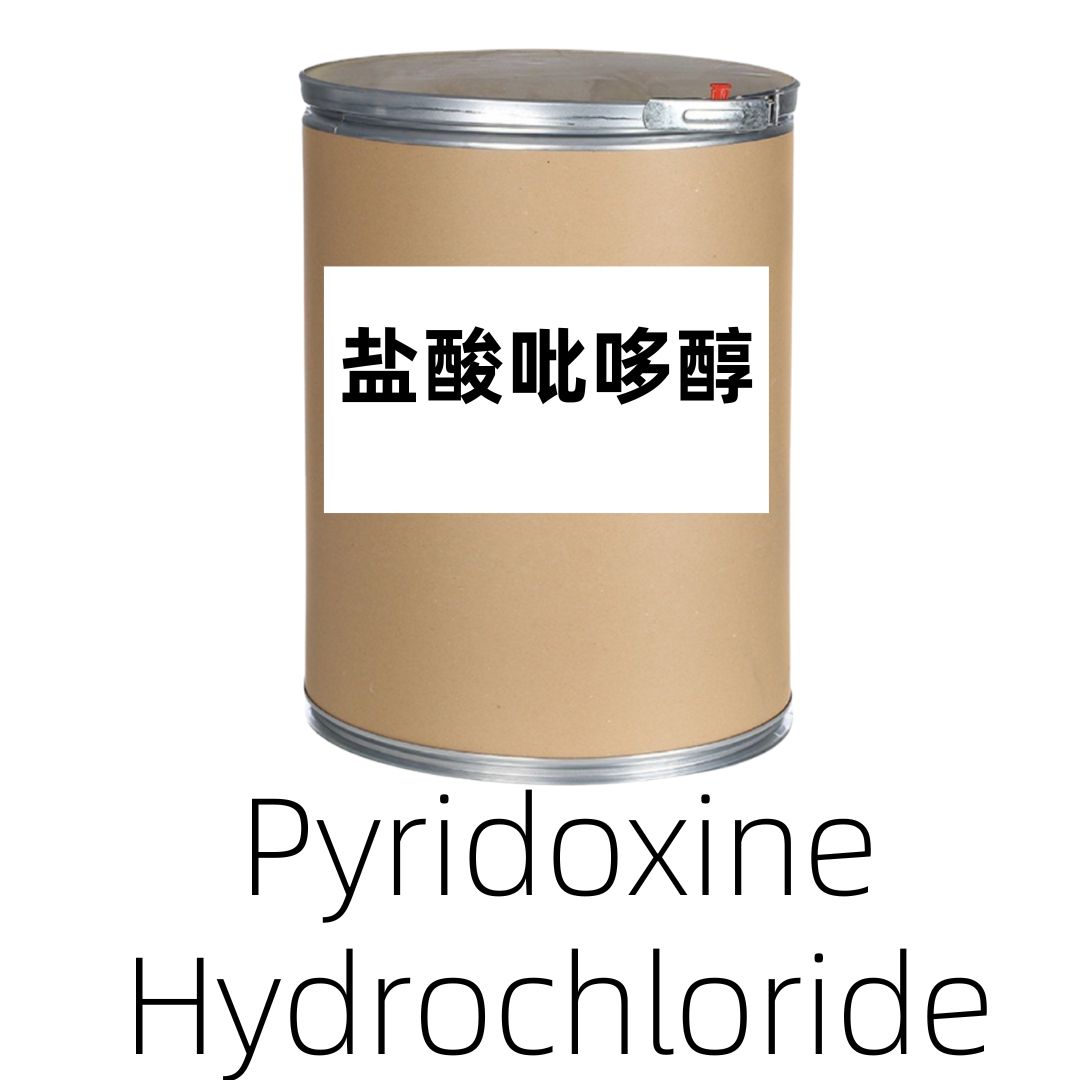
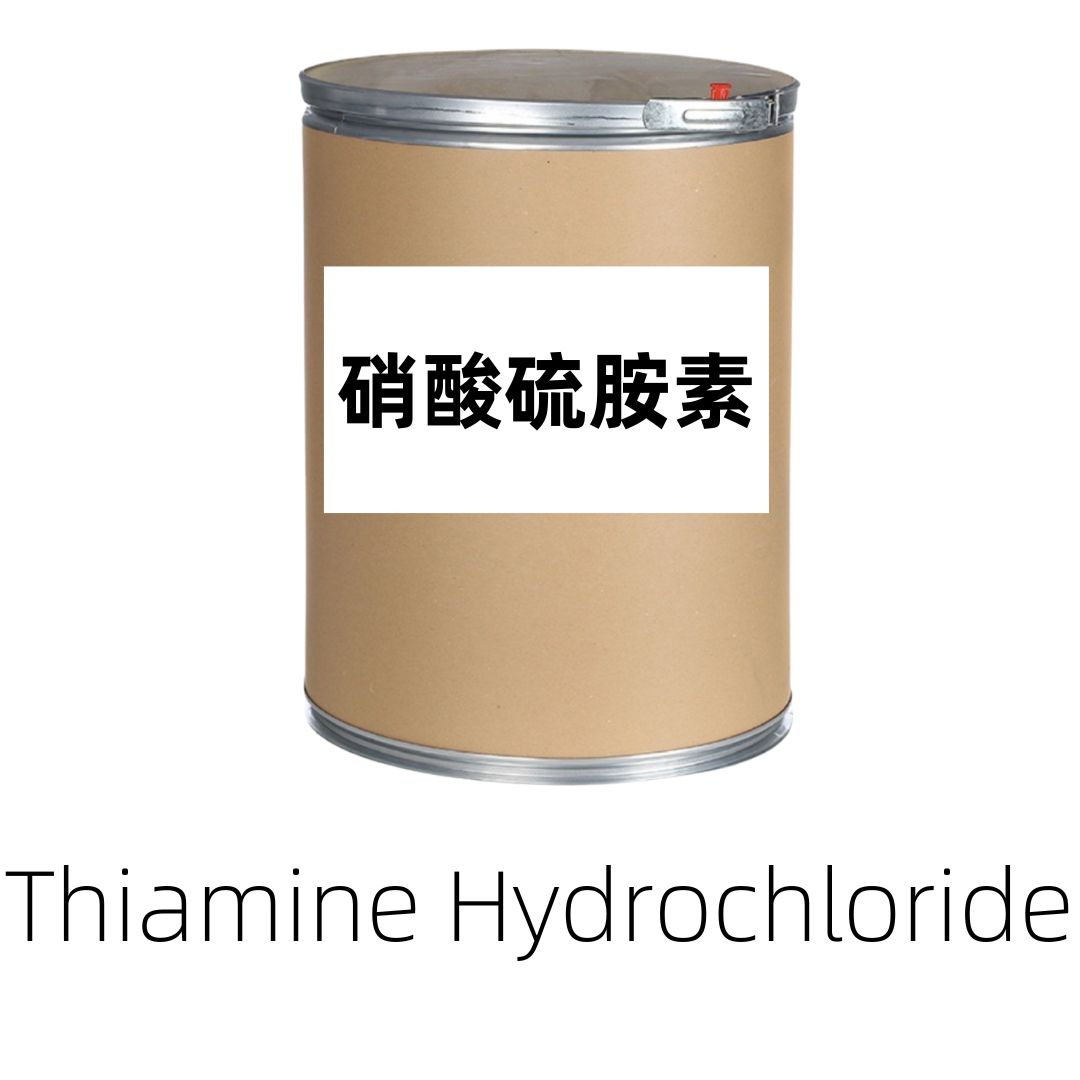
nicotinamide.jpg)
